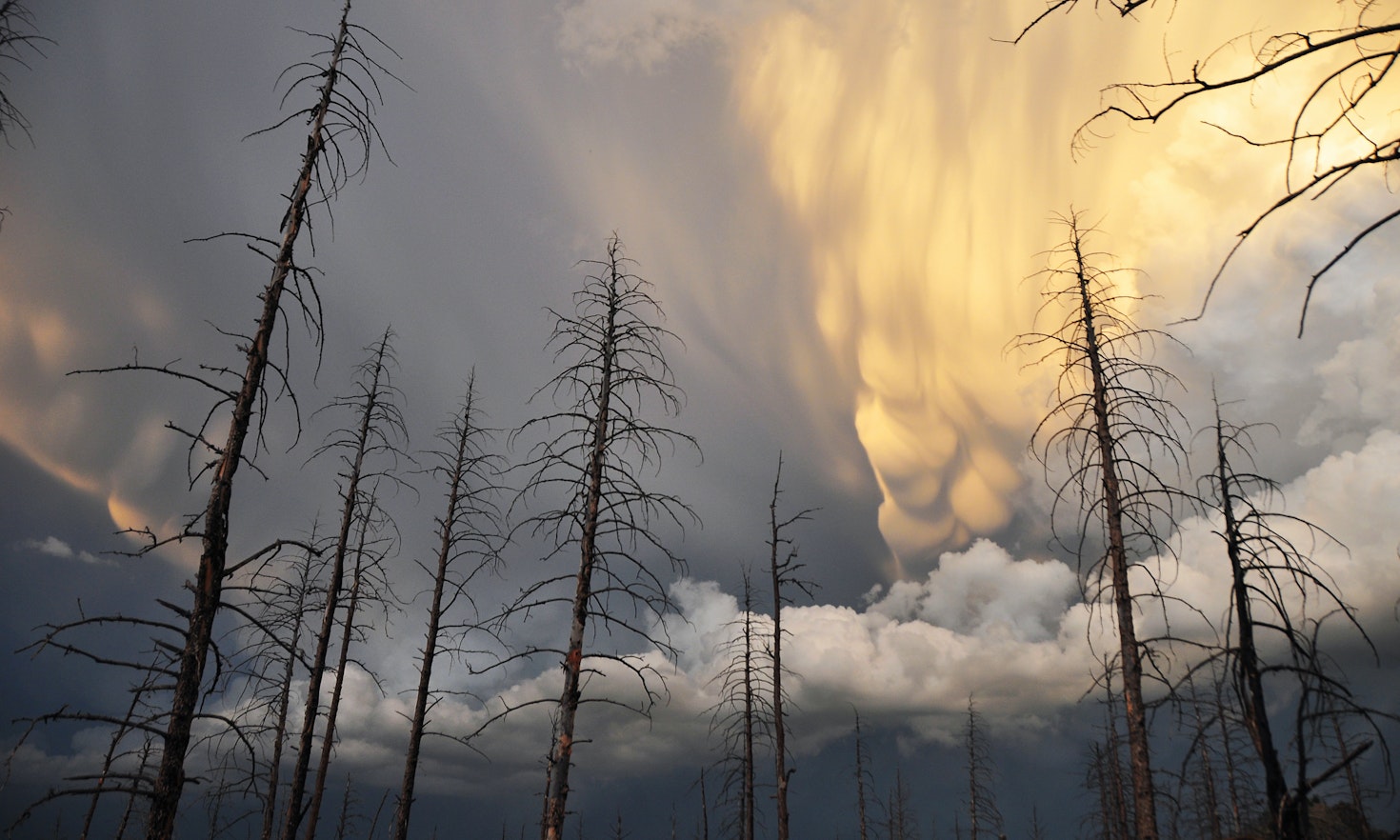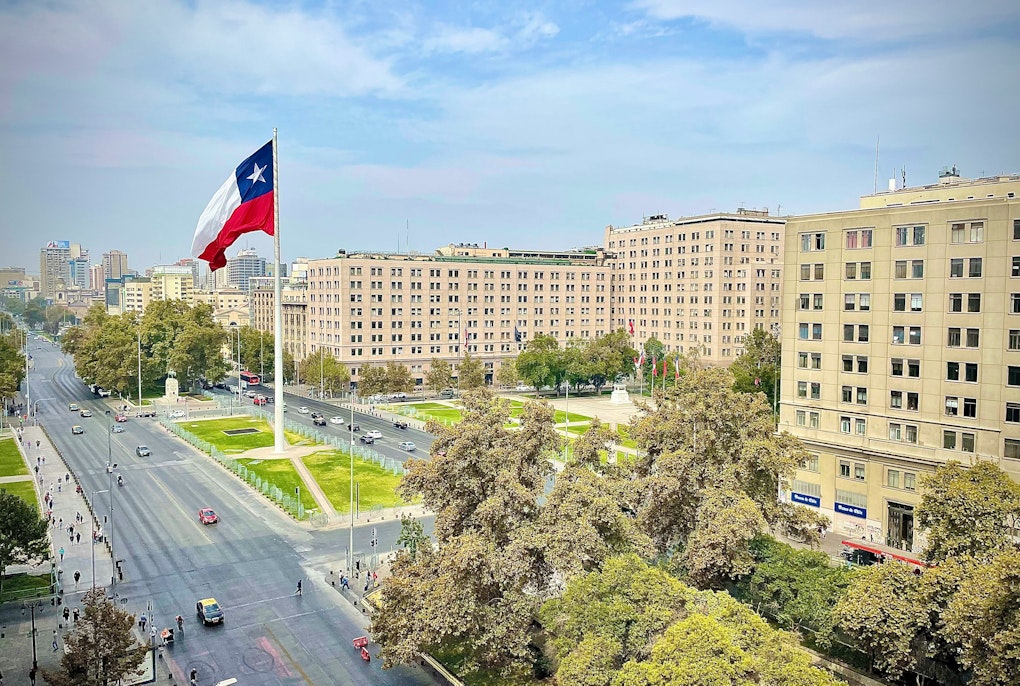
Examining the democratic principle of consensus in Canada, Scotland, Spain and Italy
 Alessandro Sorpresa
Alessandro Sorpresa
On 29 March 2023, the United Nations General Assembly (UNGA) adopted a historic resolution requesting the International Court of Justice (ICJ) to render an advisory opinion on the obligations of States with respect to climate change. Other advisory opinions on climate-related aspects are pending before the International Tribunal for the Law of the Sea (ITLOS) and the Inter-American Court of Human Rights (IACtHR). The decision to ask for ICJ advice on climate obligations and their effects is particularly groundbreaking for at least two reasons.
The first is related to process. The idea to initiate the process for adopting an UNGA resolution to request an ICJ opinion on climate-related obligations was launched by a youth organization called Pacific Island Students Fighting Climate Change (PISFCC) comprising members from the Solomon Islands, Fiji, Vanuatu, and Tonga. The PISFCC was constituted in March 2019 with the express aim of bringing the issue of climate justice to the ICJ. The resolution was first tabled in 2021 by the government of Vanuatu, a small island state in the Pacific Ocean currently facing the worst effects of climate change, such as sea-level rise and extreme weather events like recurrent and devastating cyclones. The resolution was later promoted by a core group of 18 states, not only developing small island countries like Vanuatu, Samoa, and Antigua and Barbuda, but also other larger Pacific states such as New Zealand, as well as representatives from all continents with the exclusion of North America. Before reaching the general discussion in the UNGA, the draft resolution went through multiple consultation rounds that lasted for more than 1 year with both states and representatives of civil society organizations. These associations then mobilized to request the support of UNGA member states in petitioning the resolution, which was presented at the UNGA with the support of more than 100 states. The process culminated in the UNGA’s adoption of the resolution by consensus, a decision-making procedure that, the government of Vietnam reminded everyone of in its official address at the UNGA meeting agreeing to the resolution, had never been adopted for any previous UNGA requests for ICJ advisory opinions.
This process is not just an instance of hopefully reinforced multilateralism, as the Federated States of Micronesia, Tonga, and Costa Rica pointed out in the UNGA discussion, but is a successful example of how leaders from the South are reclaiming their sphere of influence in a matter, like climate change, which sees them at the forefront in terms of the most visible effects of global warming, and on which they have a lot to say. The way in which these leaders are acting is particularly noteworthy, since this resolution entails a recourse to international law at its fullest, but at the same time does not renounce raising topics, such as the existential threat that climate change poses to certain states, equity concerns, impacts on human rights, and the migratory consequences linked to climate change that are particularly dire to the countries that are currently more affected by the consequences of global warming. What is more, these topics were brought to global attention through a process that was exceptionally inclusive and deeply anchored to civil society. This bottom-up approach explains why the resolution was commended by a broad range of commentators, from the UN High Commissioner for Human Rights to civil society organizations. In addition, the role of young and future generations can now be seen in a different light. The fact that it was a group of youths that were able to initiate a process that led to a fully supported UN resolution, has added to the image of youth groups as activists that only need ask for state initiatives, and is starkly different from the role of youth as formal plaintiffs in climate change litigation cases. In my view, this is an example of youth actorness in the international arena that is worth paying attention to, since young people were able to initiative a decision-making process that will lead to an important decision that will clarify states’ obligations in relation to climate change.
The second reason why this resolution is historic has to do with the questions formulated in the resolution that the ICJ needs to address. The UNGA requested that not only the scope of state obligations under international law related to the protection of the climate system and the environment from greenhouse gas (GHG) emissions are clarified , but also the legal consequences of state actions or omissions that cause significant harm to the climate and the environment in relation both to a specific group of states more affected by climate change, and to peoples and individuals from present and future generations. This means that this resolution seeks the ICJ to deal primarily with issues related to intra- and inter-generational equity, such as the issue of common but differentiated responsibilities and respective capabilities enshrined in the UNFCCC and the Paris Agreement, and in particular the aspect of loss and damage (preambular paras. 9 and 11 of the resolution), whose implementation is still under discussion. It also addresses the way in which climate change disproportionately affects the most vulnerable states that have contributed the least to GHG emissions (question (b)(i)), as well as the impact of climate change on the enjoyment of human rights, including the right to a healthy environment (preambular para. 2), not only for the current generation but also for those to come.
The ICJ opinion is not expected to be released before the beginning of 2024, but it is certainly going to be worth the wait. Independently from its non-binding nature, ICJ opinions carry “legal weight and moral authority”, as highlighted by the representative of Vanuatu who introduced the discussion. The ICJ opinion will hopefully bring clarity to the extent of climate obligations (see also declarations by New Zealand and Canada), especially in relation to the abovementioned equity concerns, and will therefore provide guidance for the policy-makers and judges dealing with climate litigation cases.

This content is licensed under a Creative Commons Attribution 4.0 International license.

 Alessandro Sorpresa
Alessandro Sorpresa
 Nicole Zambanini
Nicole Zambanini
 Sofia Ricci
Sofia Ricci